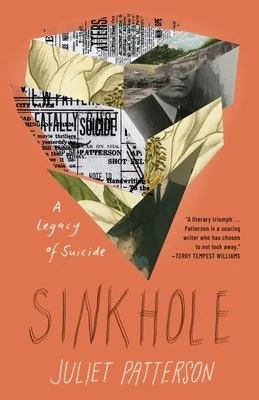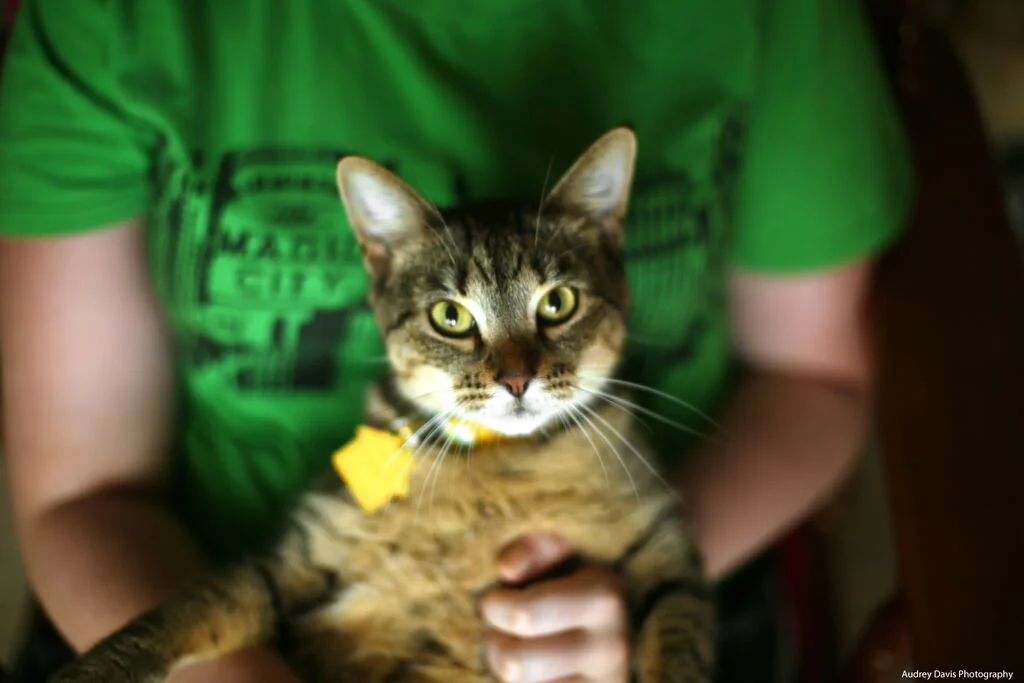All the Books I Would Never Read Saved Me
Source: unsplash
Trigger warning: mental illness, depression, suicidal thoughts
I had been lying on my back on the cool tile floor, staring up at the popcorn on the ceiling for nearly six hours. The only movement during those lonely hours was the soft rise and fall of my chest, which I wished would just disappear. I believed that if I spent enough time willing myself to die, then maybe I would.
This is what depression feels like.
I was 20 years old, a college sophomore when depression became real to me. Before that, I always thought it only affected people who were selfish and ungrateful and didn't know how to think positively.
To the world, I was doing well for myself. I attended the most prestigious and academically challenging college in the state, and had been awarded several generous scholarships to alleviate the cost. I had a regular job making $12 an hour while my friends were making minimum wage in work-study programs. I was dating a guy who was popular on campus for his musical virtuoso.
What people didn't know was that I was crumbling under the stress of overloading on classes while trying to work 25 hours a week at a call center where I was verbally abused on a daily basis. They didn't know that the guy they clapped on the back and complimented for his vocals would tell me I was stupid and worthless.
The stress began building like a brick wall--one brick at a time until I couldn't see past the pain anymore. When I tried talking to my friends, they shrugged my depression off like it was nothing more than a temporary inconvenience. When I tried talking to my family, they told me it was--in seriousness—"all in my head."
I felt like no one cared, which prevented me from seeking proper help. If my own friends, boyfriend, and family didn't care, why would some therapist that I didn't even know care?
Battling depression without support or professional help is a war of will and guilt. Although what I needed was respite from class and work, I forced myself to continue going to both because I would feel guilty if I missed an assignment or my co-workers had to pick up my slack.
That was when the physical symptoms of depression set in. In class, my mind felt clouded and I couldn't answer the simplest questions when called upon. My hand numbed and all but refused to take notes. At work, my jaw slackened and I began slurring my speech. I mispronounced common words, and spoke at a slowed pace. It felt like my hands, tongue, and jaw had disengaged from my body, and although I was aware of these things, there was nothing I could do to right them.
I'm sad to say that this went on for nearly a year, and I spent many days and nights lying on the floor, staring at the ceiling. During my year of depression, I considered thoughts of suicide my closest friend. Yet I couldn't think of a way to kill myself that would be quick, painless, and not leave a bloody mess to scar my roommates.
I worried that I would survive a self-induced car wreck and live out the rest of my miserable days as a vegetable. I feared that I wouldn't be able to find a gun to smuggle on campus to shoot myself in my dorm room. I worried that cutting my wrists would take too long and would stain the floor and walls of the newly built dormitory. I fretted that overdosing on pills would cause me to vomit the poison and only make me miserably sick.
At the time, I felt like a failure for not being strong enough to think of a worthy plan to end myself, but I'm glad my story didn't end that way.
On the last day I laid on the floor consumed by my depression, I thought of all the books I would never read if I died. I thought of all the stories I would never live inside. I thought about all the characters whom I would never know. Even though the seventh book had long been out, I wondered what would happen if J.K. Rowling decided to write another installment in the Harry Potter series and how disappointed I’d be if I missed that.
It sounds incredulous to think that I had people whom I could’ve reached out to, but that’s not how depression works. Depression severs human connections. It breeds fear of judgment where honesty and friendship once flourished. It siphons the happiness out of your head until there’s nothing left. And while it may sound insane to think that I could’ve reached out to people-- actual loving, caring humans--and instead reached out to books, it made sense at the time. Books can’t tell you that all you have to do is think positively and the depression will go away. Books can’t tell you that it’s “all in your head” as a way of dismissing you.
I thought about all the books I would never read and I knew then that even if it took me another six hours, I would get up off the floor and carry on.
That was five years ago and I’m happy to report that I made some important life changes and started practicing self care, and haven’t had a serious bout with depression since. Reading is by no means a cure for depression and I don’t mean to insinuate that here. Medication, counseling, therapy, self care, and the removal of toxic elements in life are the best things to quell depression, if not cure it. Nonetheless, it never hurts to escape to your happy place, and mine is inside of a book.
















